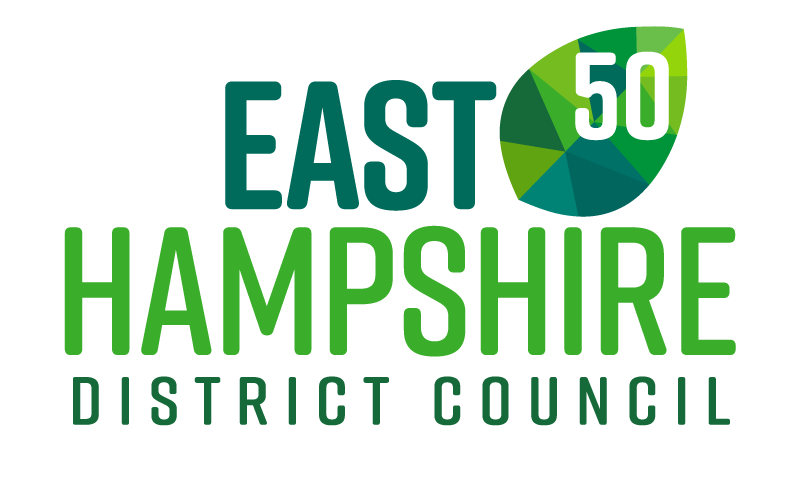What it is
Recycling contamination is people putting the wrong things in their recycling bins, which either can’t be recycled at all, or can reduce the quality of other recycling, making that unusable.
The following are the most common types of contamination in the district’s black recycling bins:
- The wrong types of plastic - we can currently only take bottles
- Glass - which should be in your glass box
- Textiles - which should be disposed of through textile banks or other places
- Garden waste - which should be composted, taken to the tip or put in your garden waste bin
- Batteries - which can be recycled at shops or the tip, and can cause lorry fires
- Tetrapaks - which are mixed plastics so they should go in your refuse (green) bin
Things that are dirty going in your recycling can make it unrecyclable, so please make sure your recycling is clean, dry and loose.
Why we need to stop it
Recycling is sorted at the materials recovery facility (MRF) where our lorries drop off the recycling. A small amount of contamination can be removed at this stage.
If there’s too much contamination visible when the bin lorry arrives at the MRF, they could turn the vehicle away, so it goes to another site to be burned for power with our other refuse.
The process of removing contamination from a recycling load, then putting it into a lorry that goes somewhere else to be burned for power, costs money and takes time, so we need to minimise contamination as far as possible.
East Hampshire has a high contamination rate of between 15-17%.We think the reason for this is mostly enthusiastic recyclers wanting to recycle more than we are currently able to.
While our recycling options remain limited, we need you to help us by only putting the things HCC can use in your recycling bin.
